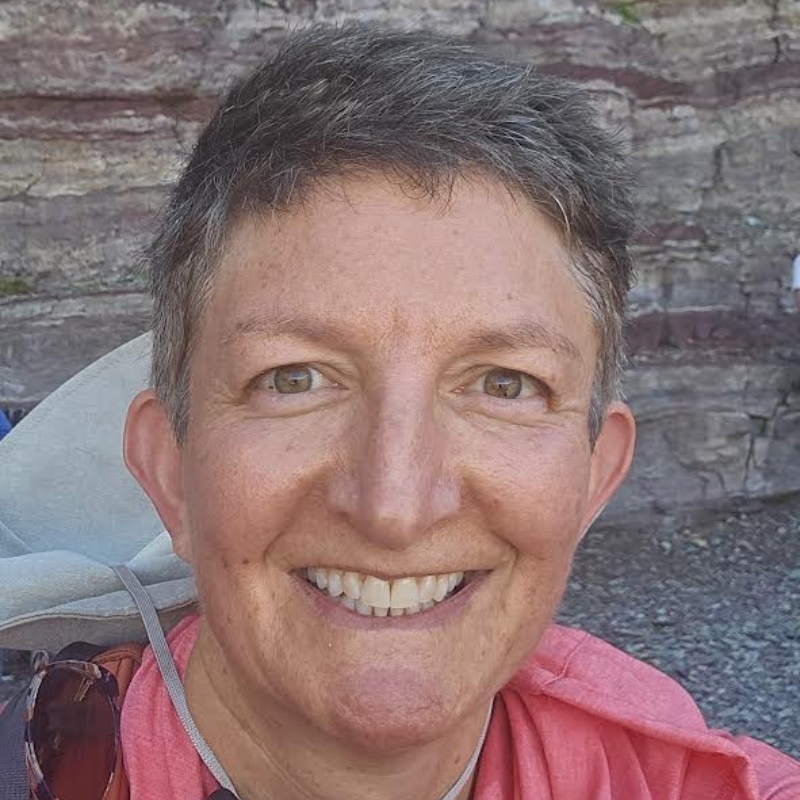When I first visited Glacier National Park as a tourist, I walked the trails to enjoy them, to accomplish a distance, or to capture the views. I used the park as a tool for my own enjoyment. When I became a citizen science volunteer, however, I quickly came to realize and internalize the sacredness of the park’s land and wildlife.
The rules of visiting a national park train all of us to be more observant and respectful of all Creation. Requirements to stay on the trail condition us to preserve the plant species that have a short growing cycle and can be set back years if trampled. By being loud on the trail and packing out any food scraps, we avoid dangerous human-bear interactions, conditioning of bear behavior, and prevent the animal’s euthanization. The rules of the park teach conservation and they condition us to wonder.
Similarly, the mitzvot of our Torah — especially in Parshat Ki Tetze — remind us of the interconnectedness of Creation. The mitzvot inculcate the character traits, or middot, of compassion and humility, and our responsibility to remember that when we take action to serve our own needs, we cannot forget the impact we could have on others.
Find more commentaries on Ki Tetze.
Take the seemingly odd commandment to build a ma’akeh (guardrail) on the roof of one’s new home to avoid bringing blood guilt on your house if anyone should fall from it. (Deuteronomy 22:8) When you are providing a new home for yourself and your family, you cannot only build the home that fits your needs and aesthetic. You must build a guardrail or a barrier on the roof so that no one falls and gets hurt.
A midrashic interpretation tells us that this mitzvah, along with many in our parshah, teaches us that every mundane task in our lives offers us an opportunity to perform mitzvot. “Rabbi Pinhas bar Hama said: Wherever you go mitzvot accompany you.” (Devarim Rabbah 6:3) Put another way — everything we do in the world can bring blessings. Or, it can bring harm.
One of the most puzzling commandments in this parshah is the mitzvah to free the mother bird if you come upon a nest with her and her baby birds or eggs. If you want to take from that nest for your own needs, then “let the mother go, and take only the young, in order that you may fare well and have a long life.” (Deuteronomy 22:7) Many commentators agree that a primary purpose of this mitzvah is to nurture compassion in our hearts. Maimonides taught “if the Law provides that such grief should not be caused to cattle and birds, how much more careful must we be that we should not cause grief to our fellow human beings?!” (Guide to the Perplexed, 3,48)
A 13th-century Spanish commentary taught that this mitzvah encapsulates the principle of conservation: “God’s desire is for the endurance of the species. That no species among all the species that God created will ever become extinct.” (Sefer haHinnuch 545) Just as God endures forever, God’s creatures must endure forever. Even an egg. Even a fledgling. Even a teeny-tiny sprout of grass pushing out of the cold earth.
Find more commentaries on allyship.
When I am hiking the trails to count mountain goats, I see myself as an ally of the park and all that dwells in the park. I am a guest in someone else’s home. While my mission is ultimately to serve the mountain goat population of Glacier Park, I still do not have the right to harass the goats by getting too close or to harm the landscape in the service of science.
I learned a great deal about allyship living here in Montana. When my community experienced antisemitic, neo-nazi cyber-terrorism, we needed support and allies. I quickly experienced helpful support and harmful imposition. Those conscious of their impact and attentive to my community’s needs best served as allies. Those who came to fulfill their own mandates and personal needs ignored our requests, drained resources, and endangered us further.
I encourage us to hold the teachings of Parshat Ki Tetze close to our hearts as we walk through the world on our own missions. As we study the parshah’s mitzvot, ask: How is this mitzvah teaching me to show up in the world? What values does this mitzvah call me to uphold? And, while we walk on a trail or arrive at a protest, ask: Whose needs am I here to serve? These mitzvot are here to remind us that our needs are not always primary. In fact, to be a good ally and a good steward of Creation, we must put the needs of others ahead of our own.
Rabbi Francine Roston is an independent rabbi who has been living in Whitefish, MT, for over a decade. She is the founding rabbi of Glacier Jewish Community/B’nai Shalom and retired from congregational work in August 2023. Currently, she volunteers in the community, teaches mindfulness meditation and trauma resiliency skills, and speaks on community building as a constructive response to antisemitism.

